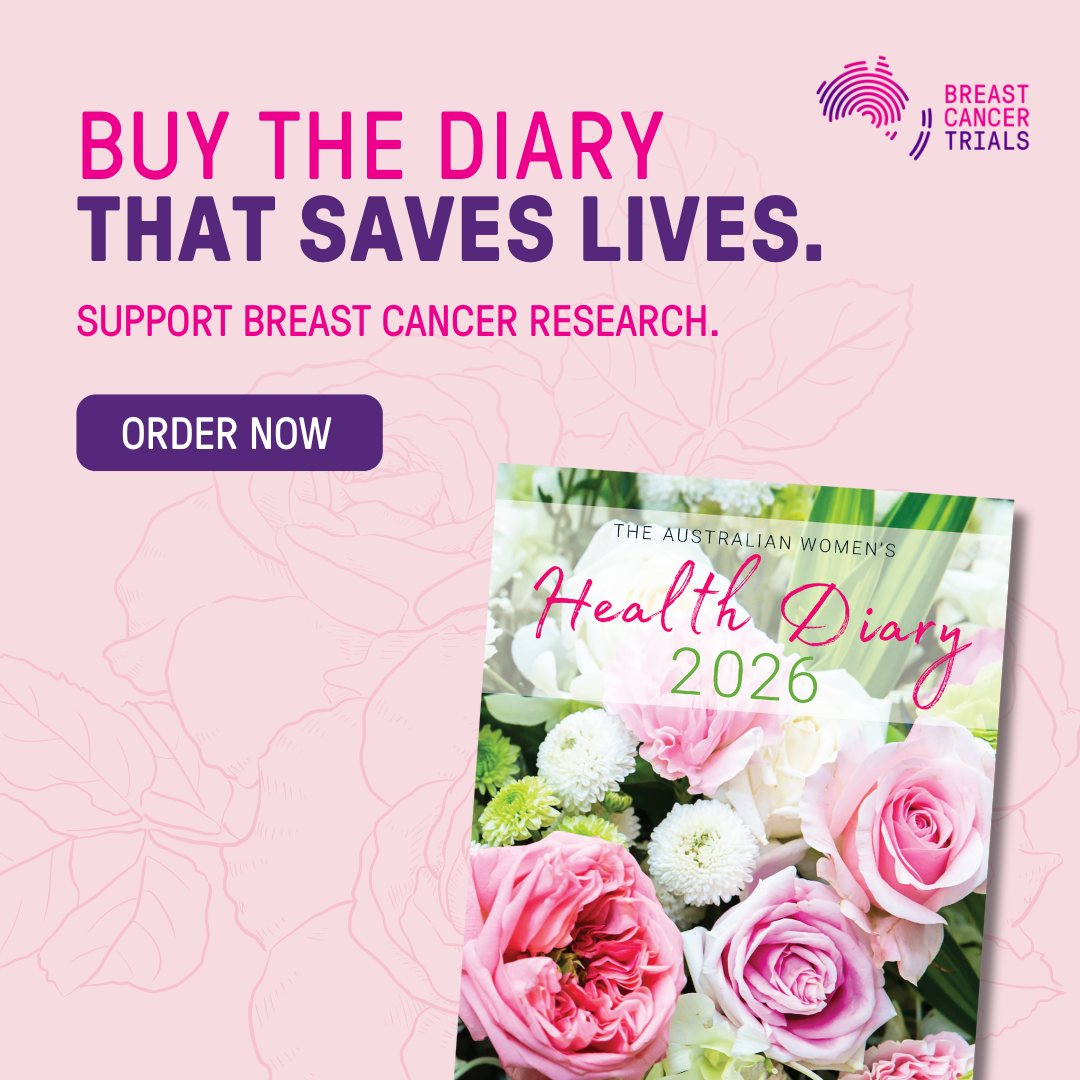Many social media accounts with ‘fitspiration’ influencers touting the latest fitness advice are doing more harm than good, according to world-first research from the University of South Australia.
Anyone who searches popular hashtags on Instagram, such as #fitspiration and #fitspo, will be met with over 100 million posts from fitspiration accounts pushing content to empower individuals to pursue healthy lifestyles.
While this health conscious content can seem harmless at first glance, UniSA researchers have found that nearly two thirds of the top 100 influencers published dubious fitness information, with around a quarter presenting hypersexualised content, objectification or nudity.
To get the latest updates and stories in women’s health sent to your inbox, subscribe to Women’s Health News here.
Looking at the social media phenomenon of fitspiration, the study developed a tool to audit the top Instagram accounts in this niche and screen for content that could have potentially negative psychological effects.
Based on the study’s alarming results, lead researcher Dr Rachel Curtis says the lack of credible health and fitness content found on a platform with more than 1.3 billion users globally is concerning.

Observing the potential for body image and self-esteem issues, Dr Curtis says that when users search #fitspiration or #fitspo most of the images associated with these hashtags are of thin and athletic women.
“Many of the accounts promoted unhealthy or unrealistic body shapes – with a strong focus on ultra-fit, slim physiques – implying that only thin and toned bodies are considered healthy and beautiful,” says Dr Cutis. “Such a focus on appearance can drive outward-based reasons to exercise, and this can lead to body image issues and concerns.”
Dr Curtis notes that while it might seem like inspirational photos, videos and quotes about fitness and healthy eating would help increase people’s wellbeing, this latest research is showing that this might not be the case.
Researchers concluded that “while many popular Instagram fitspiration accounts offered credible content such as example workouts, many accounts contained sexualisation, objectification or promotion of unhealthy or unrealistic body shapes.”
Senior researcher, UniSA’s Professor Carol Maher says that with so many users looking to social platforms like Instagram for exercise information, it’s important for all of us to be mindful of what content is being shown.

Looking at where to take this study’s findings next, Professor Maher says that future research can utilise the newly created audit tool.
“This study helped us develop a reliable audit tool that can help identify credible and non-credible exercise and health Instagram accounts,” she says. “If credible accounts can be identified, they might present an avenue for wide-reaching, engaging public health campaigns to promote physical activity.”
To get Women’s Health News in your inbox. Subscribe here.


